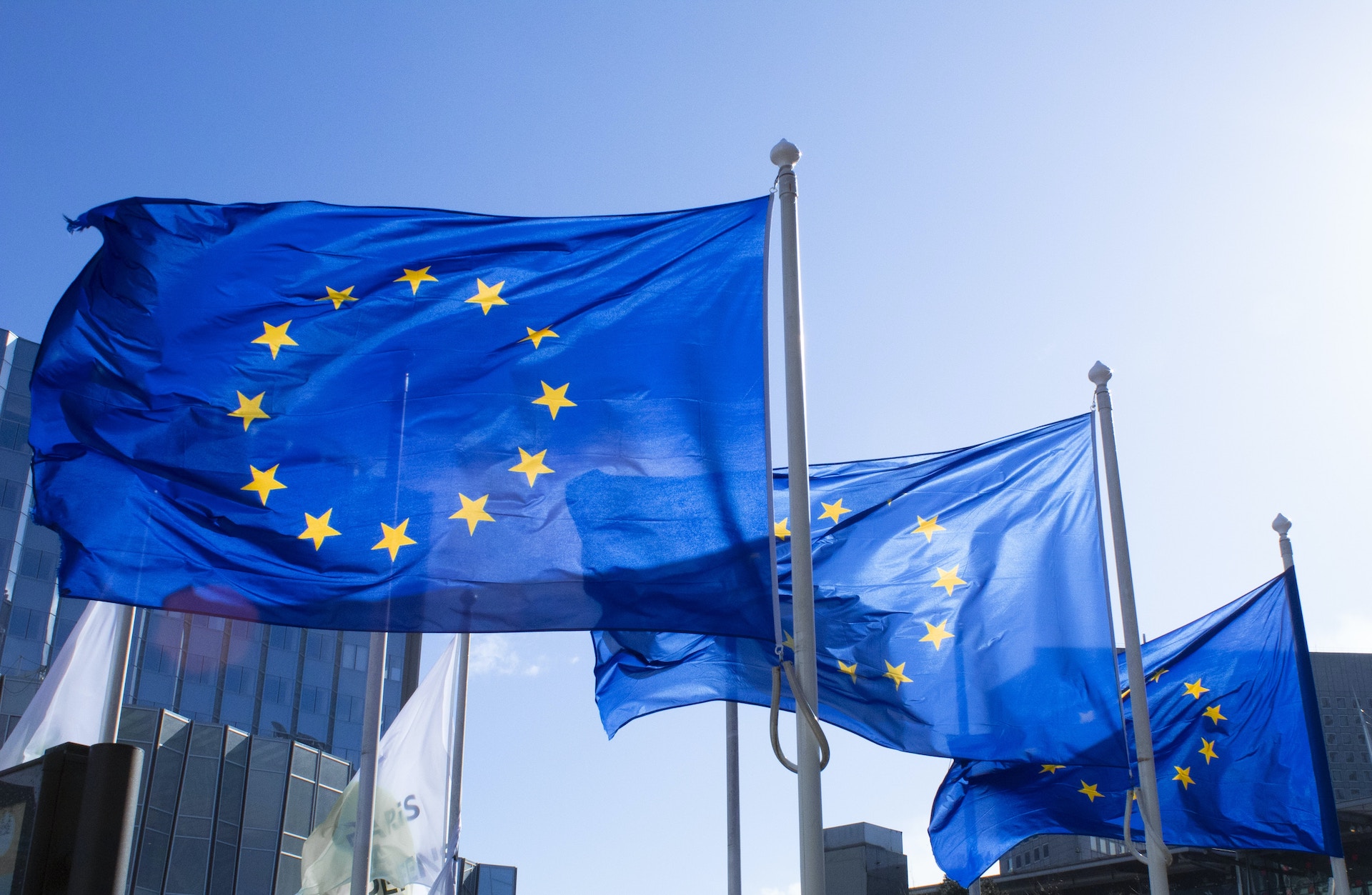In another sign of rapidly decreasing energy demand, airlines have refrained from participating in the European Union's auction for permits covering greenhouse gas pollution. None of the four bidders in the carbon emissions allowances contest, conducted by ICE Futures Europe on Wednesday, were successful. This failure marks the second unsuccessful auction in just over a week. The grounding of numerous flights and the declining carbon prices have contributed to weakening demand for these securities. As a result, industrial sites, power generators, and airlines, who are obligated to purchase credits for their greenhouse gas emissions, have seen a decrease in their need for these permits due to the sluggish economy and reduced energy consumption.
Compared to the allowances used by factories and electricity generators, airline carbon contracts are infrequently traded, making them less appealing to speculators. The current situation, compounded by the ongoing pandemic, has created a shortage of readily available capital. Louis Redshaw, the founder of Redshaw Advisors Ltd, a carbon trading outfit, explained that individuals are reluctant to hold onto EU aviation allowances as they cannot be easily sold to realise capital quickly if needed.
ICE reported that the auction failed because there were insufficient bids to cover the available supply. The airline industry has been severely affected by the coronavirus crisis, with companies such as Ryanair Holdings Plc, Lufthansa AG, and British Airways cancelling flights due to health-related restrictions.
The auction held on Wednesday faced additional complications, including the expiration of March options and the size of another auction held earlier that day. Poland auctioned 5.3 million tons of allowances on the European Energy Exchange, with demand only slightly surpassing supply. Combined, the permits offered in both Wednesday's auctions were more than twice the typical daily volume of 3.1 million tons.
The current price of carbon has dropped by approximately 25% in the past two weeks, and there is little indication of an imminent demand surge while much of Europe's economy remains at a standstill. A previous auction on March 17 was cancelled due to an insufficient volume of bids, marking the first failure since June.
Marcus Ferdinand, the head of European power and carbon analytics at research company ICIS, expressed scepticism about a substantial increase in trading volumes, stating that recent market volatility made it challenging for investors to enter with significant volumes. Furthermore, low or non-existent profits from coal-powered electricity generation suggest that utilities are unlikely to be major buyers.



